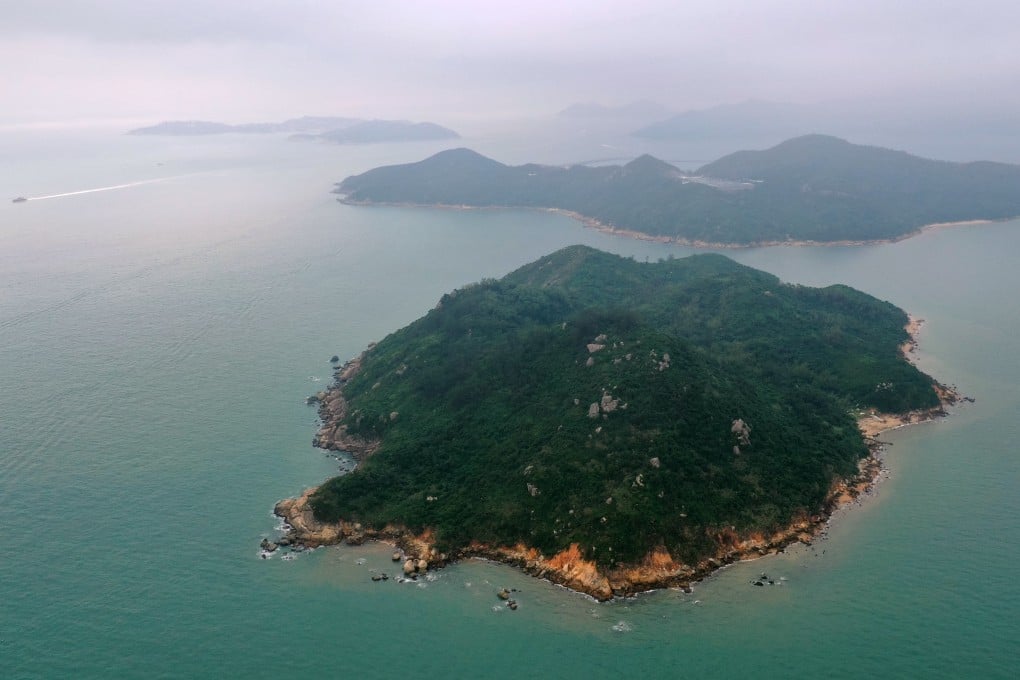Hong Kong leader’s vision for new city off coast of Lantau Island moves a step closer after lawmakers approve HK$550 million impact study
- Public Works Subcommittee approves funding for assessment that would take almost two years to complete
- Chief Executive Carrie Lam’s dream is to build artificial islands covering some 1,700 hectares

Government officials cleared one of the first hurdles in their bid to build artificial islands off Lantau, after lawmakers gave an initial nod to a HK$550 million funding request to conduct studies for the reclamation project.
During a Public Works Subcommittee meeting at the Legislative Council on Saturday, lawmakers endorsed the funding request so it could move onto the final stage of approval at the Finance Committee. Twenty lawmakers voted for it, 16 voted against after almost three hours of deliberation.
The HK$550 million would include a detailed planning and engineering study to reclaim 1,000 hectares around the outlying island Kau Yi Chau, transport infrastructure studies and environmental impact assessments.
Should it get the go-ahead from the Finance Committee, officials hope to begin the study, which would take nearly two years to complete, in the latter half of this year.
Under Secretary for Development Liu Chun-san made an appeal to lawmakers on Saturday during the meeting.